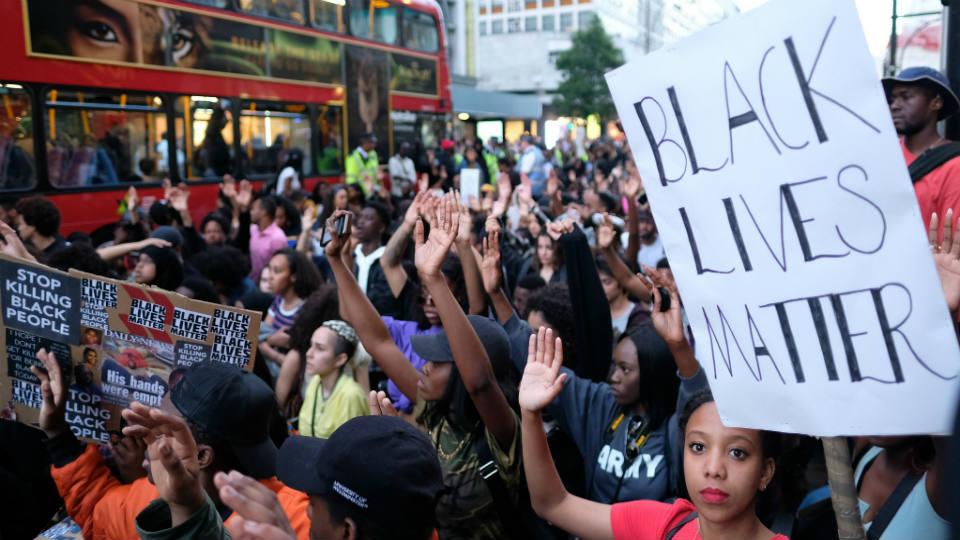Civil society needs ‘radical change’ to take on decade of turmoil
Primary page content
Civil society organisations must undergo “radical change” to help empower local communities and rise to the challenge of a coming decade of upheaval, according to a report based on research from Goldsmiths, University of London.

Empowered: civil society groups must be true to their roots. Image: Flickr/ Alisdare Hickson (CC BY-NC 2.0).
Academics drawn from the Department of Media, Communications and Cultural Studies and Social, Therapeutic and Community Studies contributed to the Civil Society Futures inquiry, a two-year examination of the state of civil society in England including large and small charities, voluntary and community groups.
The inquiry today warns that the country is facing a challenging 10 years with deep uncertainty over democratic, digital, political, economic and environmental affairs.
Findings from the Inquiry say that civil society can provide a bulwark against these issues – but that many organisations must go through significant change to be able to do so.
The inquiry sees the coming decade as a period of political possibility and cites the #metoo movement, community responses to the horrors of the Manchester bombing and new unions for gig economy workers as examples of the vital importance of civil society in a changing world.
The researchers from Goldsmiths were Professor Natalie Fenton, Professor Adam Dinham, Dr Deborah Grayson and Tom Greenwood.
Their work saw the team undertake nine “deep dives” into localities across England, using Participatory Action Research methodology.
Professor Fenton said the research "revealed just how people feel irrelevant and locked out of power".
She added: "Our participants spoke about how their own power over their lives was depleted and how existing democracy doesn't work for them and never will unless there are new forms of governance in all forms of institutions and organisations in which everyone can challenge and change the social and political systems they are part of."
"New ways of doing democracy better are emerging in civil society organisations right across England in response to feelings of powerlessness at a time of social, political and environmental crises.
"The demand for change is deeply felt, and a revived, re-energised and emboldened civil society can really help to lead the way on some of the biggest issues of our time."
"Our research revealed how today’s movements, organisations and institutions can transform – and tomorrow’s emerge – to put more power in the hands of people and communities."
Our research revealed just how people feel irrelevant and locked out of power
Inquiry Chair Julia Unwin said: “Our world is changing fast and people’s expectations are changing too. From local planning decisions to national politics to global technology, people feel ignored and divided as the future is shaped. They want much more power over their lives, they want to come together.”
"Civil society can and must lead the responses to these future challenges. But too often people feel civil society does not involve people in decision-making, is disconnected from communities, more accountable to big funders than to the people they serve, and in a year of headlines about sexual abuse at Oxfam, Save the Children and others, trust in civil society is in question.
“Charities, voluntary and community groups need to get back to their roots and rediscover their enduring purpose which is to connect people and to shift power. We must be more accountable and build greater trust.”